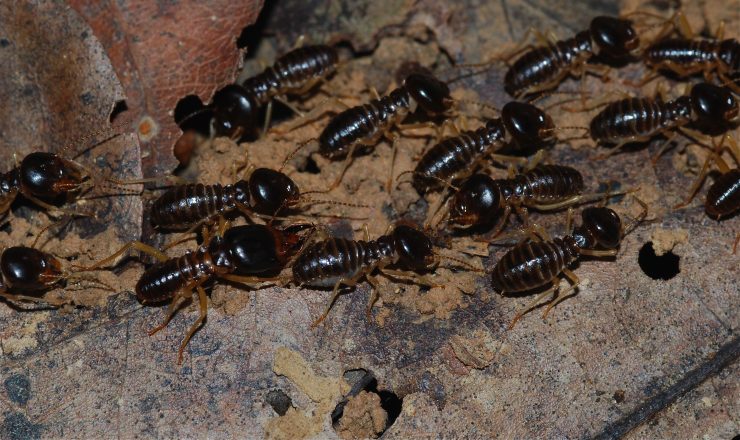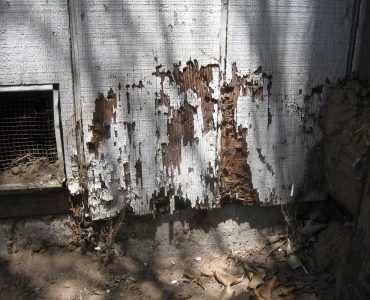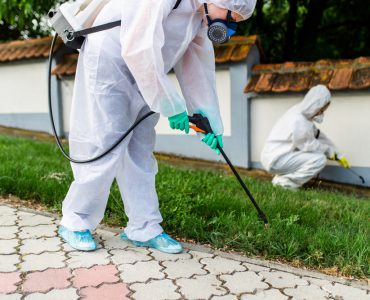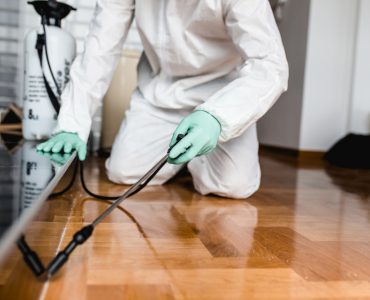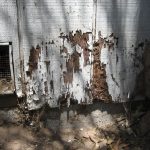Termites may be tiny, but they can cause a lot of damage. If left to run riot, they can cause an incredible amount of disrepair to your home. That’s a lot of money spent on fixing up the house – when you could easily avoid the problem in the first place. But what’s the best way to get rid of termites? What termite exterminator treatments are the most effective? Let’s take a quick look via our quick guide to inspection and extermination.
How you know you have termites
Termites are not easy to spot. That’s why so many people end up having to pay out for disrepair thanks to these critters year in, year out. By the time you see them tunneling out in swarms, it’s probably already too late to undo any damage.
If you spot small, bug-like creatures fluttering around your home, check the wing size. If their wings are equal in length, you have termites. If their wings are shorter towards their rear end, you likely have flying ants. That’s a completely different problem for a completely different guide!
Look for “tubes” of mud. These will normally emerge on foundations and walls and even joists. These are used by termites for passage and for shelter. Do also be careful to knock on wood regularly. Hollow-sounding wood is often a key sign that termites have scooped out the insides.
However, some infestations may go completely unnoticed. That’s why, more often than not, you should think about hiring a professional who can offer termite extermination treatments.
How an exterminator can help
Never try to tackle an infestation on your own. Getting rid of termites can involve precision work with a lot of potentially dangerous chemicals. There are, of course, non-chemical ways to block off or get rid of termites, but some may not find these options to be too productive or efficient.
- An exterminator will likely undergo a full inspection and will strive to find the nest or hive of termites. They will then use liquid or termiticide, which can be sprayed directly onto bugs or their nesting grounds.
- It may also be recommended that holes be drilled into problem wood. An exterminator can then spray termiticide inside, as it will be likely that the problem bugs are either still resident, or are likely to return for another go.
- It’s also important to deal with spray that is not repellent. This way, a sprayed creature or nest will easily rub off on more termites, which will then lead to more of the termiticide affecting more of the swarm.
Don’t panic
Termites are a nuisance. Sadly, it can sometimes be impossible to find these critters, or even if you are at risk at all from their wood-guzzling tendencies. However, at the first sign of potential harm, always get in touch with a local exterminator. The difference between letting a termite problem build up and taking action is several hundreds or even thousands of dollars.


